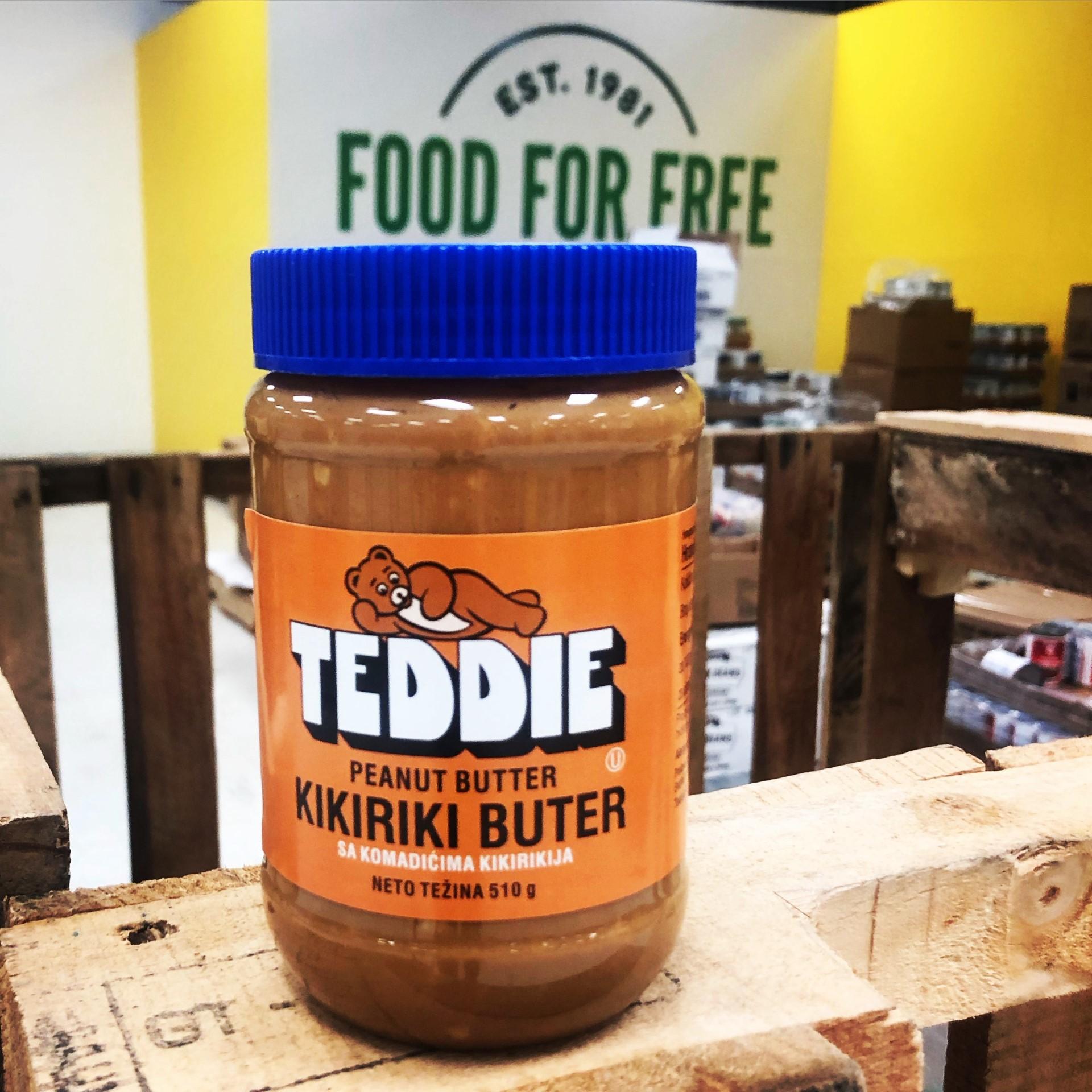Why are some sounds funny?
Most people have a favorite word that makes them laugh. Among the most popular: “skedaddle,” “flummoxed” and “poop.”
But what makes these words funny? Is it how they sound, or what they mean? Or is it a combination of the two? Take “peanut.” It’s not exactly a word that sends people into fits of laughter. But the Serbian word for peanut does. It’s kikiriki.
As far as Serbian Canadian comedian Filip Jeremic is concerned, kikiriki is the funniest word in Serbian. He thinks it’s because of all those k’s.

In fact, comedians have long believed that words rich in k’s will elicit laughter. Playwright Neil Simon referenced it in “The Sunshine Boys,” a play about the craft of comedy that was made into a 1975 movie with Walter Matthau.
In the movie, a comedian played by Matthau tells his nephew, a talent agent, how he uses k-words like “pickle” and “chicken” to make his audience laugh.
But is there really anything to that belief? When people laugh at “cupcake” in a standup routine, is it only the “k” sound that they are responding to? Or is there more to it?
Chris Westbury heads a team of psycholinguists at the University of Alberta who are trying to figure this out. The team analyzed a series of randomly generated letter combinations and tested their funniness on the public.
“We were really the first people to seriously try to predict what people are going to find funny — and succeeded,” Westbury said. “Of course, we only succeeded because we were looking at the world’s worst jokes.”
Westbury’s research didn’t actually start with jokes, but with an invented word, or what he calls a “nonword”: “snunkoople.”
Because Westbury’s nonword has no meaning, people react purely to its sound. And it turns out, snunkoople makes most people chuckle.
Westbury discovered this while working on a study that had nothing to do with humor. His team was looking at aphasia, a form of brain damage that affects one’s ability to process language. The team asked participants to look at nonwords among a sea of random letters on a screen. When snunkoople came up, everyone laughed.
“All of the nonwords were made up by computer,” Westbury said. “We didn’t choose that word because it was funny.”
Westbury and his team analyzed their computer-generated nonwords and determined that when their letter combinations were incongruous, they were more likely to provoke laughter.
“If you make a really stupid word that has no vowels in it or something, people don’t find it funny,” Westbury said. “But if you make a reasonable word that’s made up of unusual letters and sounds — the more unusual the letters and sounds are, the funnier people find it.”
The theory that incongruous nonwords make people laugh works with real words, too.
Take “gazebo.” It’s one of comedian Joanna Hausmann’s favorite funny words.
“I just think the word gazebo doesn’t feel English,” Hausmann said. “What it’s used to describe is so specific and dumb.”
Hausmann said she has probably only used gazebo once in context.
“It was at my rich friend’s house in Connecticut — because who else has a gazebo?”
In this case, it’s not just the sound that makes Hausmann smile, but also the gulf between the sound and its concrete meaning.
Westbury’s research into what makes words funny has expanded. He confirms that k-words are indeed inherently funny, at least on the people he has tested them on. He has also found more letter combinations that bring out the giggles.
Words that have certain phonemes in them are also funny, he said. For example, words with “p-l-e.” Also, words that have “o-o” in them.
And which word includes p-l-e as well as o-o and k? Yes, snunkoople. Now, in order to make the transition from nonword to real word, snunkoople just needs a definition.
For much more on Chris Westbury’s research on language and humor listen to this episode of “Subtitle,” a podcast about languages and the people who speak them. “Subtitle” is supported by a major grant from the National Endowment for the Humanities.
